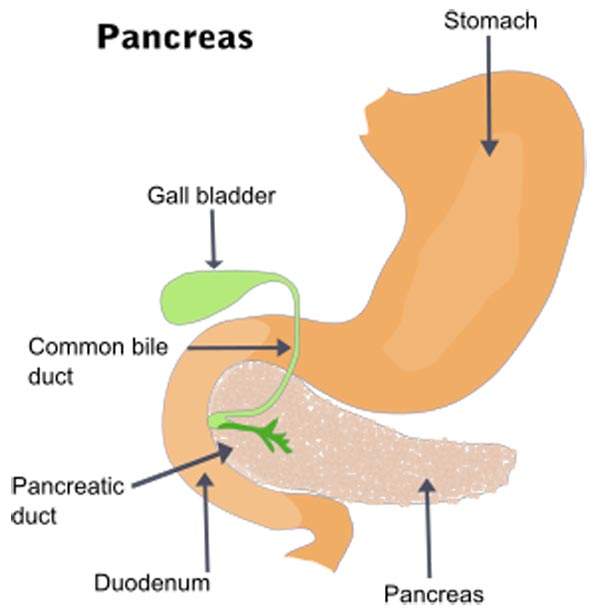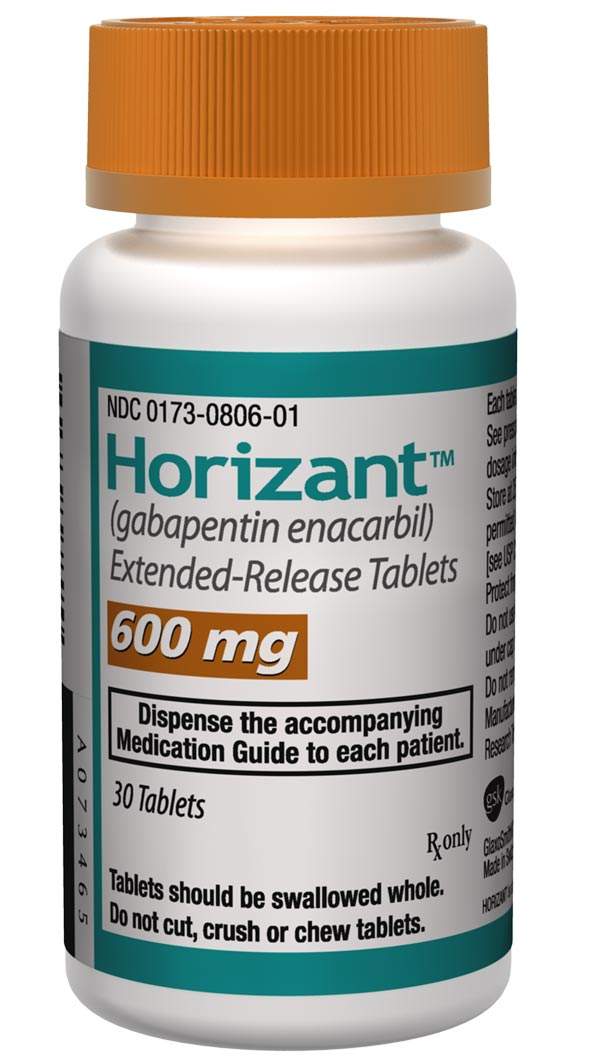Verzenio (abemaciclib) is a cyclin-dependent kinases (CDK) 4 and 6 inhibitor indicated for the treatment of women with hormone receptor-positive (HR+) human epidermal growth factor receptor 2-negative (HER2-) advanced or metastatic breast cancer.
Developed by Eli Lilly and Company, Verzenio was granted priority review designation by the US Food and Drug Administration (FDA) in July 2017.
Eli Lilly received marketing approval from the FDA for Verzenio to be administered in combination with an endocrine therapy fulvestrant following endocrine therapy in September 2017. The drug also received FDA approval as a first-line treatment of HR+, HER- metastatic breast cancer in February 2018.
The European Medicines Agency’s Committee for Medicinal Products for Human Use (CHMP) provided positive opinion for the approval of abemaciclib in July 2018.
The European Commission granted marketing authorisation to the drug under the brand name Verzenios in September 2018.
Breast cancer symptoms
Breast cancer develops in the breast tissue and is associated with symptoms such as a lumps, a change in size or shape of the breast, and discharge from the nipples.
In an advanced stage, the disease spreads from the breast tissue to other parts of the body. An estimated 72% of breast cancer patients have HR+ and HER2- tumours.
Verzenio’s mechanism of action
Verzenio contains cyclin-dependent kinases (CDK) 4 and 6 inhibitor, which gets activated by binding to D-cyclins. The drug inhibits the growth of cancer cells, and disrupts the cell cycle. It reduces the tumour size when used as a single agent or in combination with antiestrogens.
The drug is available in the form of tablets for oral administration.
Clinical trials on Verzenio
The approvals of Verzenio were based on results obtained from clinical trials MONARCH 3, MONARCH 2 and MONARCH 1.
MONARCH 1 was a phase two, single-arm clinical trial, which enrolled 132 patients with HR+ and HER2- metastatic breast cancer. The patients were administered with Verzenio 200mg dose orally twice daily.
The primary endpoint of the study was objective response rate (ORR), while the secondary endpoint was median duration of response (DoR).
Results demonstrated that single-agent Verzenio administered in the pre-treated patient population achieved an ORR of 19.7% and a median DoR of 8.6 months.
The most common adverse reactions recorded during the study were diarrhoea, fatigue, nausea, decreased appetite, abdominal pain, neutropenia, vomiting, infections, anaemia, thrombocytopenia, and headaches.
MONARCH 2 was a phase three randomised, double-blind, placebo-controlled trial. The study enrolled 669 patients with HR+, HER2- metastatic breast cancer. The patients in the study were randomised in 2:1 ratio of Verzenio plus fulvestrant or placebo plus fulvestrant.
The primary endpoint of the study was progression-free survival (PFS), while the secondary endpoints were ORR, overall survival, and DoR.
Results showed that patients treated with Verzenio plus fulvestrant achieved median PFS of 16.4 months, compared to 9.3 months in patients administered with placebo plus fulvestrant.
The study also showed that the percentage of PFS events at the time of analysis was 49.8% in the Verzenio plus fulvestrant arm and 70.4% in the placebo plus fulvestrant arm.
In the study, 48.1% of patients treated with Verzenio plus fulvestrant achieved an objective response, while the same was achieved in 21.3% of patients who received placebo plus fulvestrant.
The DoR was not yet reached at the time of analysis in patients treated with Verzenio plus fulvestrant, while it was 25.6 months in patients treated with placebo plus fulvestrant.
MONARCH 3 was a phase three randomised, double-blinded, placebo-controlled, multi-centre clinical trial which enrolled a total of 493 postmenopausal women with HR-positive, HER2-negative advanced or metastatic breast cancer.
Patients were randomised to receive either 150mg abemaciclib or placebo along with either letrozole or anastrozole. The primary endpoint of the study was PFS. The median PFS for patients receiving abemaciclib was 28.2 months compared to 14.8 months in the patients on placebo.
The most common adverse reactions reported in the MONARCH 2 and MONARCH 3 clinical studies were diarrhoea, neutropenia, fatigue, nausea, infections, abdominal pain, anaemia, leukopenia, decreased appetite, vomiting, and headaches.
The drug will face competition from medications approved for the same indication, including Kisqali® (ribociclib) developed by Nopvartis and Ibrance (palbociclib) manufactured by Pfizer.





